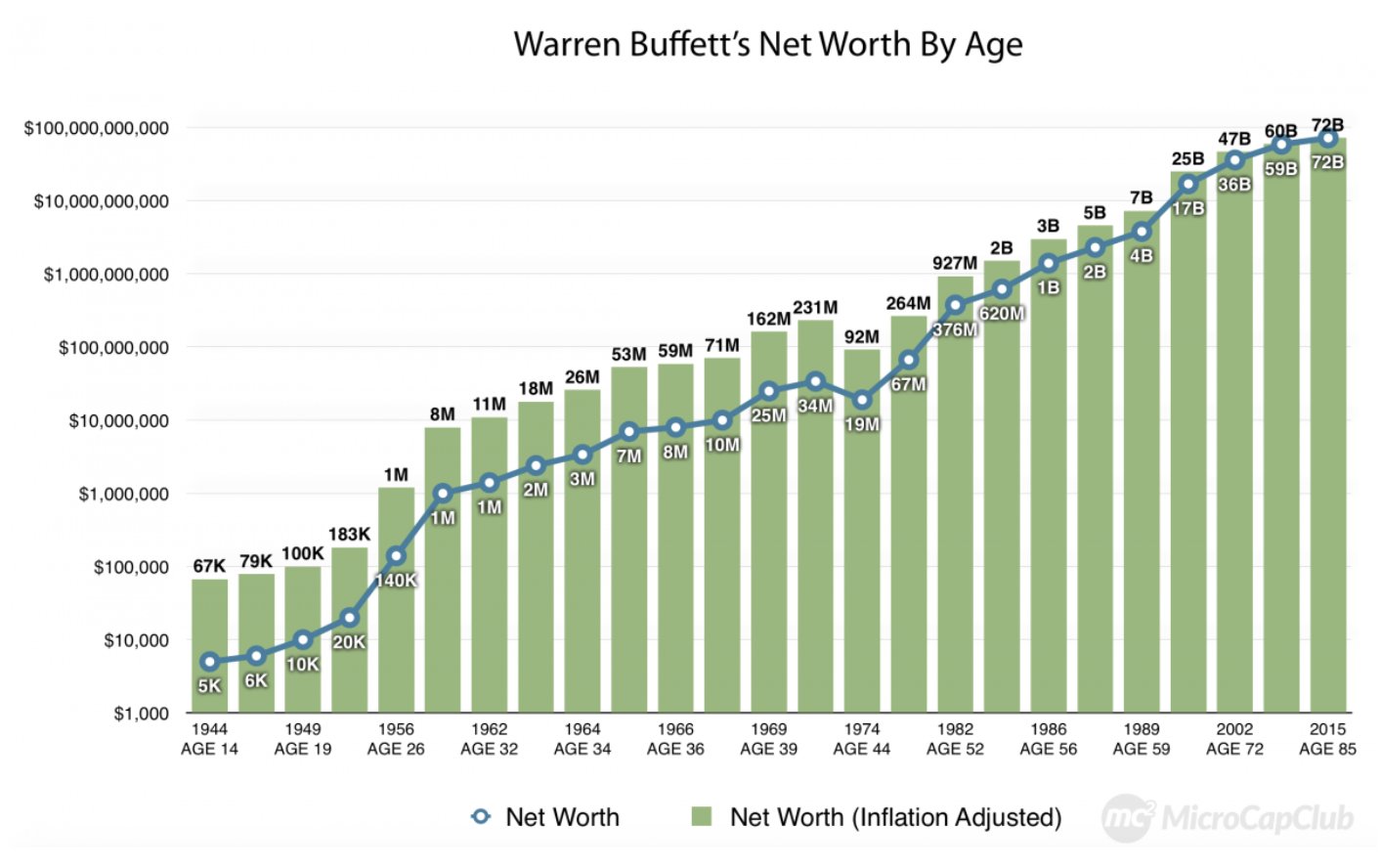Why not buy at the bottom of the cup? The Risk is Higher
- The objective is not to buy at the cheapest price when the probability of the stock having a huge move may be only so-so.
- The objective is to buy at exactly the right time — the time when the chances are greatest that the stock will succeed and move up significantly.
- I found through our detailed historical studies that a stock purchased at this correct “pivot point,” if all the other fundamental and technical factors of stock selection are in place, will simply not go down 8% (your protective sell rule), and has the greatest chance of moving substantially higher. So ironically, if done correctly, this is your point of least risk.
- On the day the stock breaks out, its trading volume should increase at least 50% above its average daily trading volume.
Pyramid your initial buy
- After your initial purchase (50% of your full position), identify a price area at which you will add a small amount as a follow-up buy if it continues to perform well.
- I usually add more once a stock is up 2.5% to 3% from my first buy (32.5% of your full position).
- If the stock advances 2% or 3% more, you may complete your position (17.5% of your full position).
- Then stop buying that stock. You’ve got your basic position in the stock during its first 5% advance. Sit back and give it some time and room to grow.



